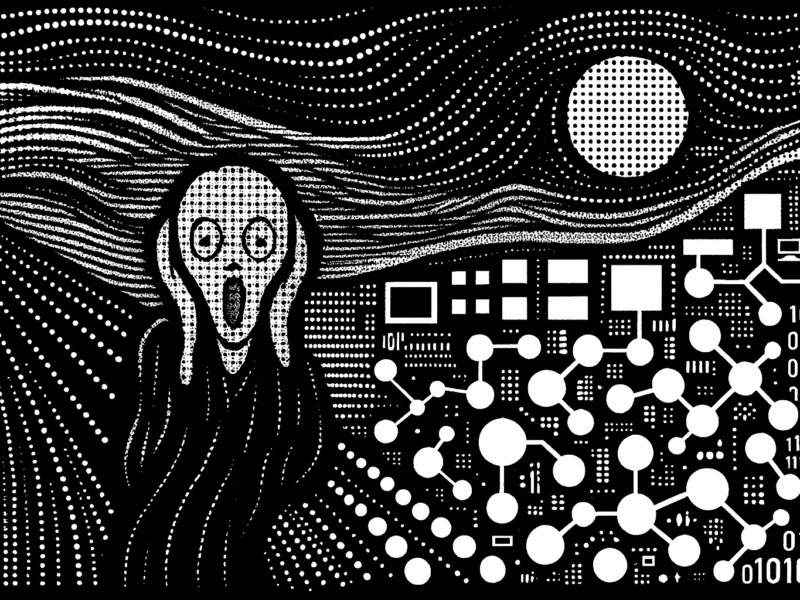Stack overflow error is a perplexing issue that programmers often encounter when they inadvertently exceed the memory allocated to the call stack. This scenario can hamper program execution, potentially leading to crashes or unexpected behavior. Understanding the intricacies of stack overflow errors is essential for developers, as it not only affects program performance but also raises significant security concerns in software development.
What is stack overflow error?
A stack overflow error occurs when a program attempts to use more stack memory than is available. This typically happens when there are too many function calls or when recursive functions lack a proper termination condition. In many programming environments, once the call stack’s capacity has been exceeded, the program will throw an error or crash altogether.
Understanding the call stack
The call stack is an essential structure that helps manage function calls in software execution. When functions are called, the call stack keeps track of them using stack frames.
Function of the call stack
- LIFO mechanism: The call stack operates on a Last-In, First-Out basis, meaning the last function that is invoked is the first to complete its execution.
- Stack frames: Each function call creates a new stack frame that contains local variables and the return address, ensuring organized and efficient program flow.
Size and capacity of the call stack
The capacity of the call stack is not infinite; it is determined at the start of a program based on various factors. Knowing these impact factors can help prevent stack overflow errors.
Factors influencing stack size
- Computer architecture: Different systems may have varying limitations regarding stack size.
- Programming language: Each programming language has its default stack size settings that can affect how much memory is allocated.
- System memory: The overall memory available on a system plays a crucial role in defining stack size limits.
Common causes of stack overflow errors
Understanding the typical scenarios that lead to stack overflow errors can help developers troubleshoot and prevent these issues in their code. One of the most common causes arises from recursive functions.
Recursive functions
- Lack of base case: Recursive functions that do not have a clear stopping condition can lead to infinite recursion, ultimately consuming all available stack space.
Excessive data usage
Another common cause of stack overflow errors is the usage of large variables. If a program attempts to allocate extensive data structures on the stack, it can easily exceed the predefined memory limits.
Consequences of stack overflow
When a stack overflow occurs, the implications can be severe, affecting not just the specific program but potentially the system as a whole.
Program and system impact
- Variable corruption: Overflowing data can corrupt adjacent variables and return addresses, leading to erratic program behavior.
- Program crashes: Such corruption often results in sudden program crashes, causing disruption during execution.
- Security risks: Vulnerabilities associated with stack overflow can be exploited by attackers to gain unauthorized access to systems.
Exploitation of stack overflow
Malicious actors can exploit stack overflow errors to compromise software systems significantly. Recognizing these risks is crucial in software development.
Insertion of malicious code
Attackers may leverage buffer overflow vulnerabilities to inject executable code into the call stack, manipulating applications and causing severe security breaches.
Related concept: heap overflow
While stack overflow errors are well-known, it’s also essential to understand heap overflow errors, which involve memory allocated on the heap rather than the stack.
Differences between stack and heap overflow
- Heap memory management: Heap memory is dynamically allocated and requires explicit management from programmers.
- Consequences: Just like stack overflows, improper handling of heap memory can result in severe vulnerabilities and unstable application behavior.

